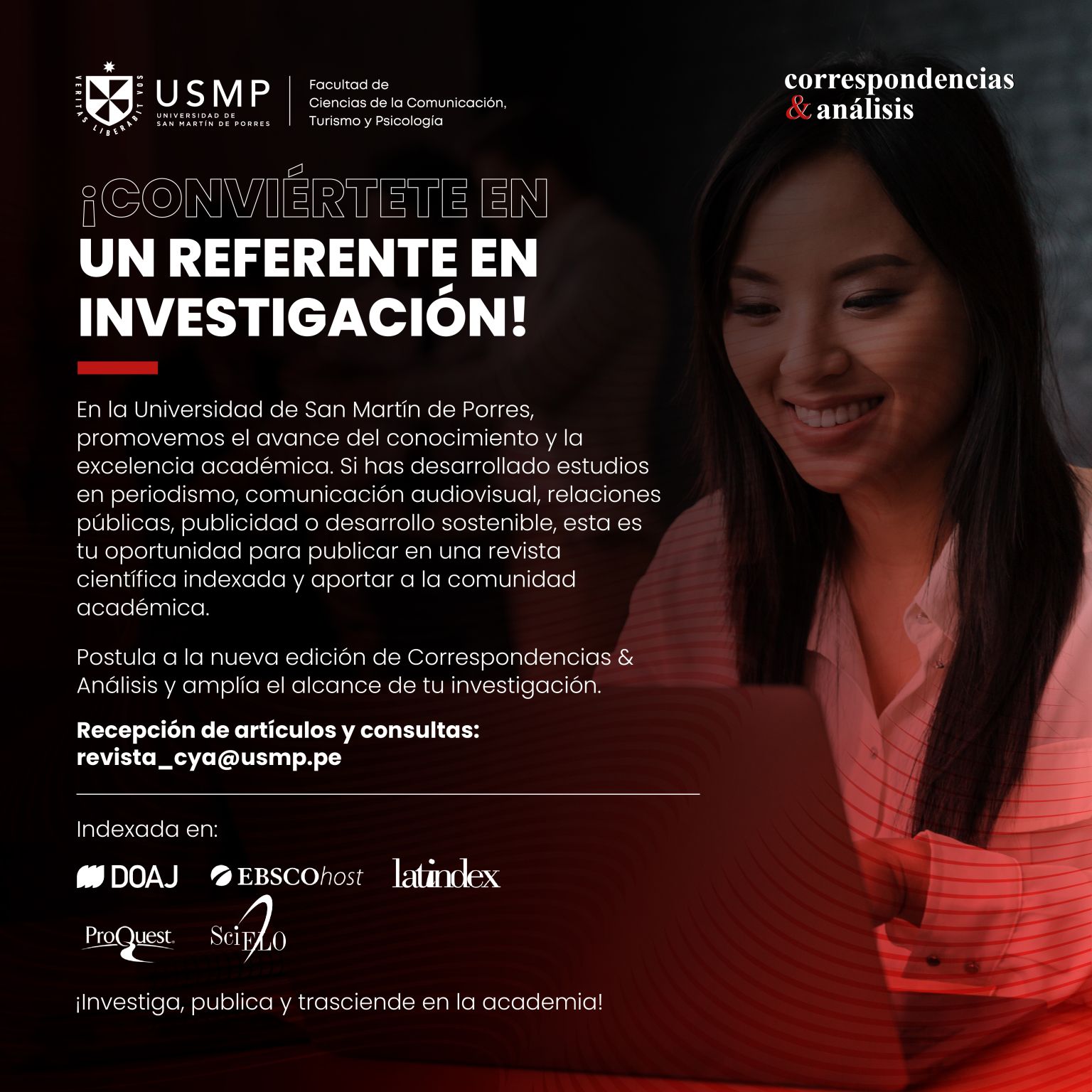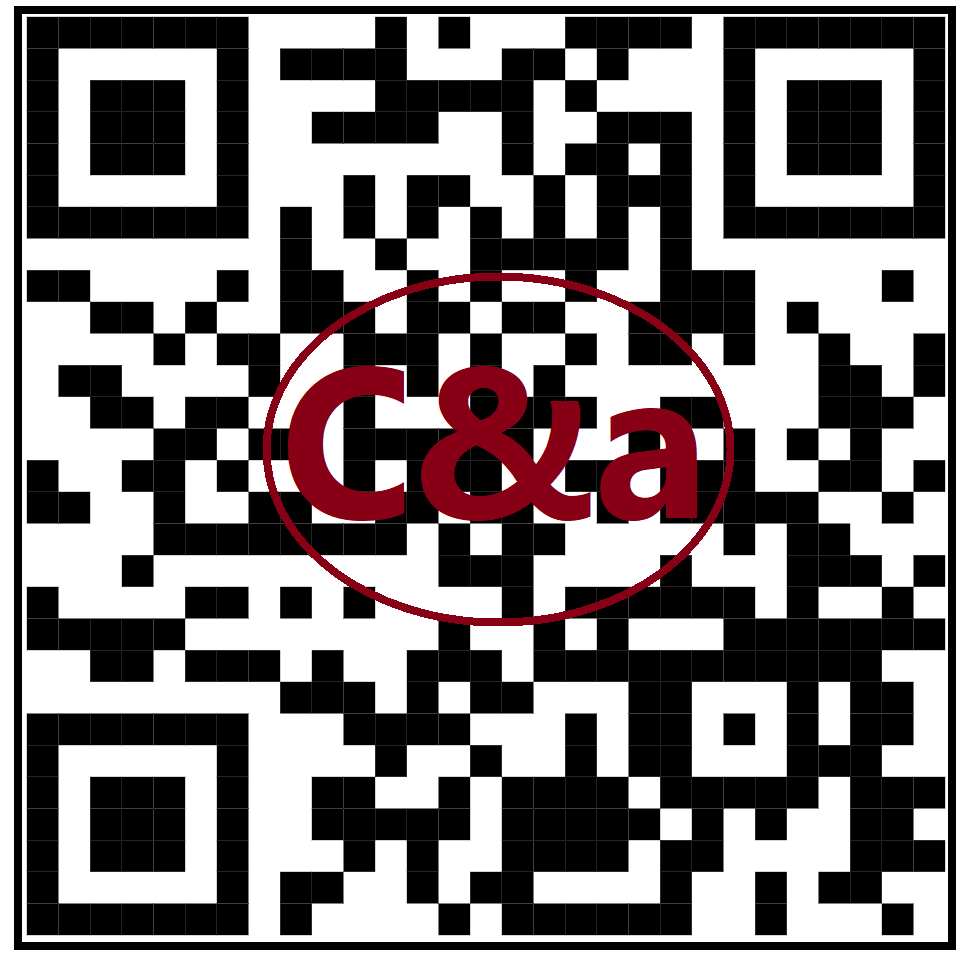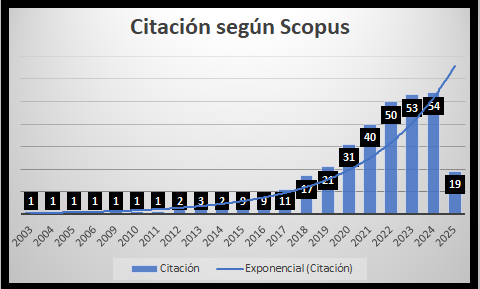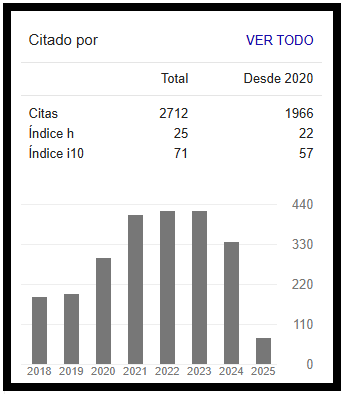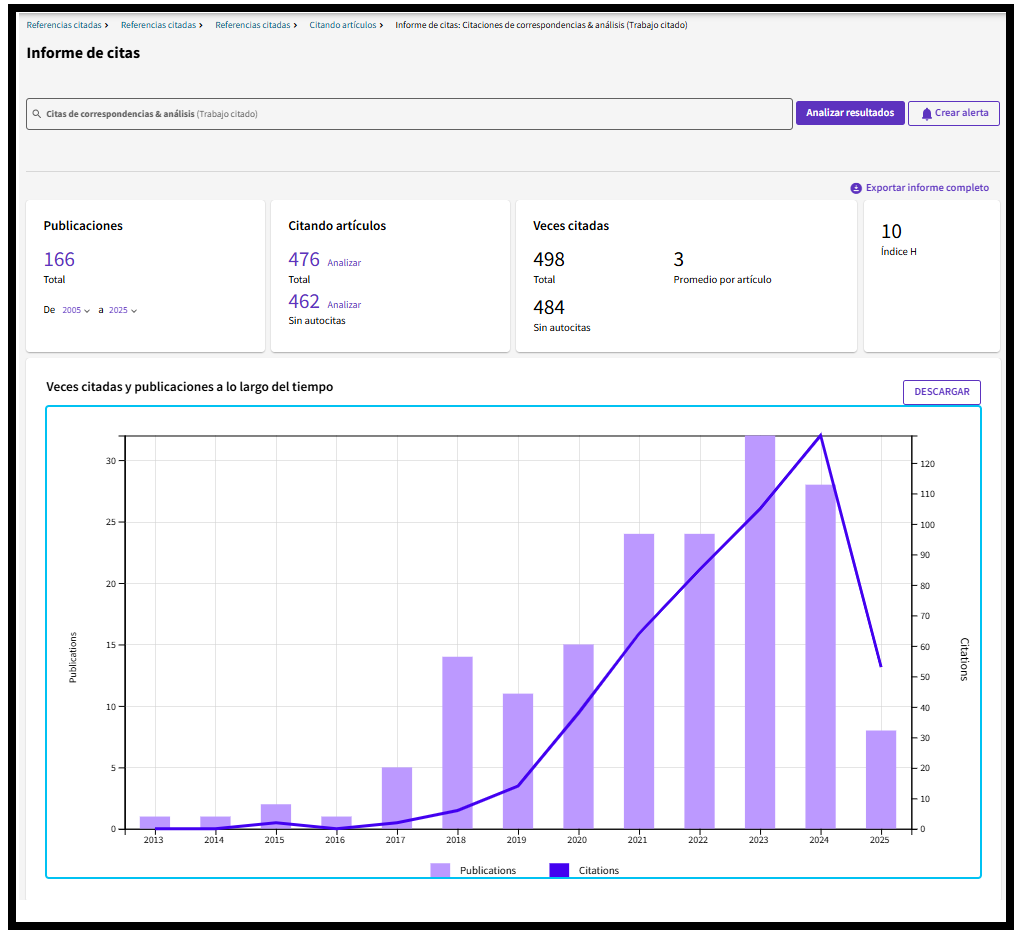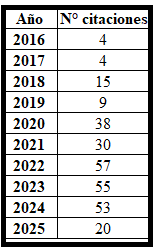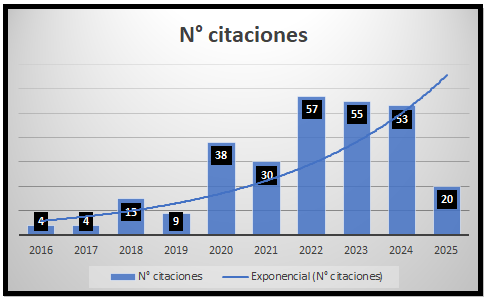Power and Communication in Digital Society
DOI:
https://doi.org/10.24265/cian.2011.n1.03Keywords:
Media, Information, Political Power, Freedom of Speech, Media Influences, Cultural Industries, CommunicationAbstract
The growing role of information in the digital society has reopened the debate on the relationship between political power and communication, and intensifies the concern about social and political influences of the media and the privileges of the rulers through various mechanisms to control the information. The key is to distinguish the information from the communications of the entertainment typically of cultural industry and get back on traditional values to establish criteria for both freedom of expression intrinsic to information as to demand the minimum quality of the content of communication to the entertainment.
Metrics
Downloads
References
Bustamante, E. (2004). La televisión económica: Financiación, estrategias y mercados. Barcelona: Gedisa.
Hamilton, A.; Madison J.; y Jay, J. (1961): The Federalist. Connecticut: Wesleyan University Press.
Kant, I. (1932). Metafísica de las costumbres. Madrid: Espasa Calpe.
Núñez Ladevéze, L.
_(2005). Identidades humanas. Conflictos morales de la postmodernidad. Madrid: Centro de Estudios Políticos y Constitucionales.
_(2004). “Democracia y medios de comunicación”. En Casals, M. J. (coord.). Mensajes periodísticos. Madrid: Fragua.
Ortega y Gasset, J. J. (2005). “Misión de la Universidad”. En Obras Completas (vol. 4, pp. 342 y ss.). Madrid: Revista de Occidente.
Platón (1995). La República. Madrid: Alianza.
Wolf, M. (1994). Los efectos sociales de los media. Barcelona: Paidós.
Downloads
Published
Issue
Section
Categories
License
Copyright (c) 2011 Luis Núñez Ladevéze, Teresa Torrecillas Lacave

This work is licensed under a Creative Commons Attribution 4.0 International License.
In case the manuscript is approved, the authors retain the copyright and assign to the journal the right to publish, edit, reproduce, distribute, display and communicate in the country of origin and abroad by means of print and electronic media in different databases.
In order for this procedure to be recorded, the author must fill out the following formats:
Format 1 - Author data Format.
Format 2 - Affidavit on originality and authorization for the publication of articles Format.
Format 3 - Open Science Compliance.






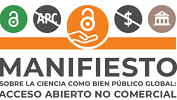
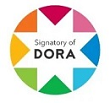
2.png)


